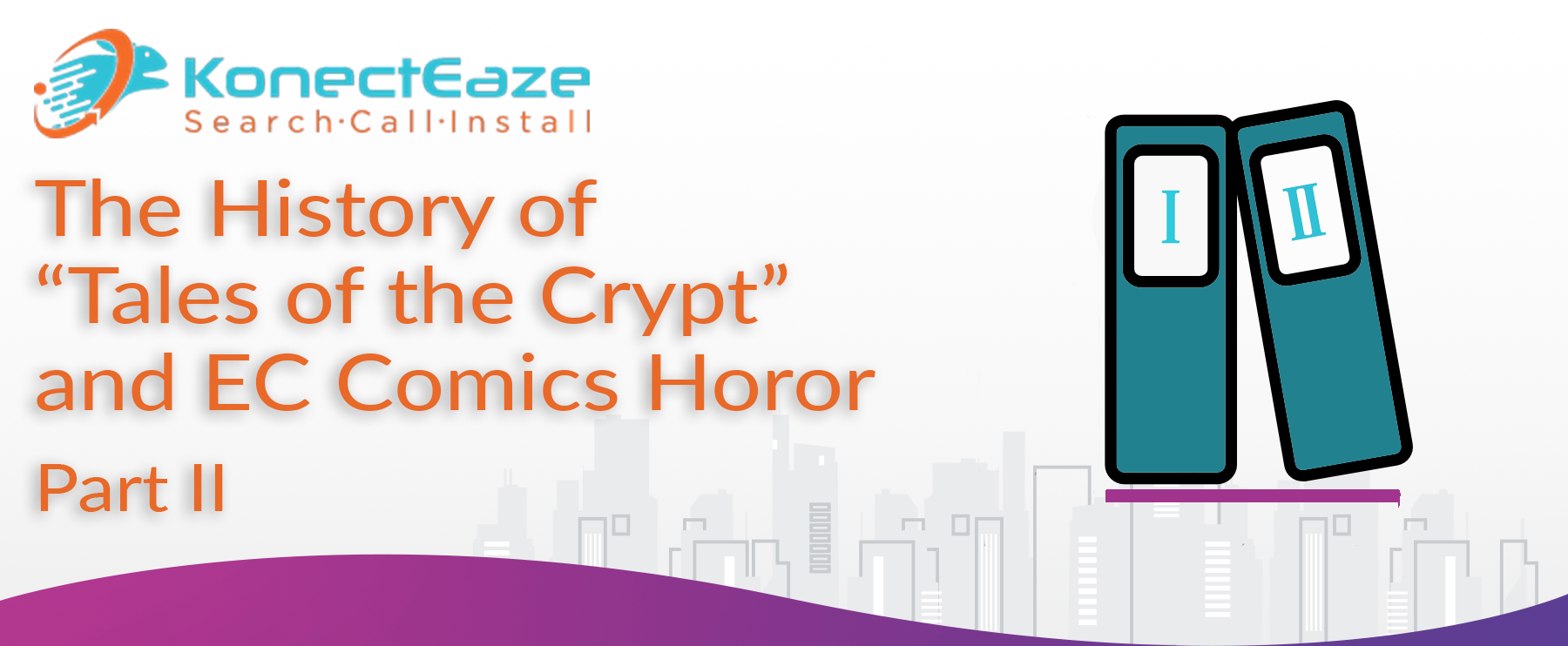Understanding Gigabit Internet: Is It Right for You?
In an era where digital connectivity is paramount, having a reliable and fast internet connection is crucial. Gigabit internet, offering speeds up to 1,000 Mbps and beyond, promises lightning-fast downloads and seamless online experiences. But is gigabit internet the right choice for you? Let’s explore what gigabit internet is, its benefits, potential downsides, and whether it suits your needs.

Understanding Gigabit Internet: Is It Right for You?
In an era where digital connectivity is paramount, having a reliable and fast internet connection is crucial. Gigabit internet, offering speeds up to 1,000 Mbps and beyond, promises lightning-fast downloads and seamless online experiences. But is gigabit internet the right choice for you? Let’s explore what gigabit internet is, its benefits, potential downsides, and whether it suits your needs.
What is Gigabit Internet?
Gigabit internet refers to internet connections that offer speeds of 1 gigabit per second (Gbps) or higher. This is a significant leap from the traditional megabit-per-second (Mbps) speeds. To put it into perspective, 1 Gbps is 1,000 Mbps, making it capable of transferring a billion bits of data per second. This speed allows for ultra-fast downloads, smooth streaming, and robust performance even with multiple devices connected simultaneously.
Benefits of Gigabit Internet
Speed and Efficiency
- Download and Upload Speeds: Gigabit internet offers symmetrical upload and download speeds. This is particularly beneficial for activities that require high bandwidth, such as streaming high-definition videos, online gaming, and video conferencing.
- Reduced Latency: Gigabit internet connections typically have lower latency, meaning there’s less delay between sending and receiving data. This is crucial for real-time applications like gaming and video calls.
Multiple Users and Devices
- Bandwidth Capacity: With gigabit speeds, households with numerous connected devices can enjoy seamless internet access without bottlenecks. This is ideal for smart homes where devices like security cameras, smart TVs, and home assistants are in constant use.
Future-Proofing
- Prepared for Future Technologies: Investing in gigabit internet ensures you are ready for future technological advancements. As more devices and services require higher bandwidth, gigabit internet provides a buffer for increasing demands.
Enhanced Work and Entertainment
- Professional Use: For remote workers, content creators, and online educators, gigabit internet ensures smooth video conferencing, quick file uploads, and reliable cloud-based operations.
- Streaming and Gaming: Gigabit speeds allow for uninterrupted streaming of 4K and even 8K videos, and provide a lag-free gaming experience.
Potential Downsides of Gigabit Internet
Cost
- Higher Price Point: Gigabit internet plans are generally more expensive compared to standard broadband plans. Monthly costs can range from $70 to $150 or more, depending on the provider and location.
Availability
- Limited Coverage: Not all areas have access to gigabit internet. It is primarily available in urban and suburban regions where infrastructure investments have been made. Rural areas may still rely on slower connections like DSL or satellite.
Equipment Requirements
- Upgrading Devices: To fully utilize gigabit speeds, compatible equipment such as gigabit-capable routers and modern devices are necessary. This can mean additional costs for upgrading your home network.
Comparing Gigabit Internet with Other Providers
Speed Comparison
- Gigabit Internet: Up to 1,000 Mbps or higher.
- Spectrum: Up to 940 Mbps.
- AT&T Fiber: Up to 1,000 Mbps (1 Gbps).
Price Comparison
- Gigabit Internet: Typically ranges from $70 to $150 per month.
- Spectrum: Prices start at around $49.99 for lower speeds, up to $109.99 for gigabit speeds.
- AT&T Fiber: Starts at $60 per month for 1 Gbps.
Latency and Reliability
- Gigabit Internet: Offers lower latency and higher reliability, especially with fiber-optic connections.
- Cable Providers (e.g., Spectrum): Higher latency compared to fiber, but still reliable for most uses.
- DSL Providers: Generally higher latency and slower speeds compared to both cable and fiber.
Is Gigabit Internet Right for You?
Gigabit internet is ideal for:
- Large Households: Multiple users and devices can operate simultaneously without slowing down the connection.
- Remote Workers and Professionals: Ensures seamless video conferencing and efficient data transfers.
- Gamers and Streamers: Provides a lag-free experience and supports high-definition streaming.
- Tech Enthusiasts and Smart Homes: Future-proofs your home for increasing bandwidth demands from smart devices.
However, if your internet usage is limited to basic browsing, email, and occasional streaming, a lower-speed plan may suffice and be more cost-effective.
Conclusion
Gigabit internet offers unparalleled speed and efficiency, making it an excellent choice for high-demand households and professional use. While it comes with higher costs and potential availability limitations, the benefits often outweigh the drawbacks for those needing robust, future-proof internet connectivity. Evaluate your internet needs, consider your budget, and explore available options to determine if gigabit internet is right for you.
For more detailed information, visit HighSpeedInternet.com and Race Communications.




